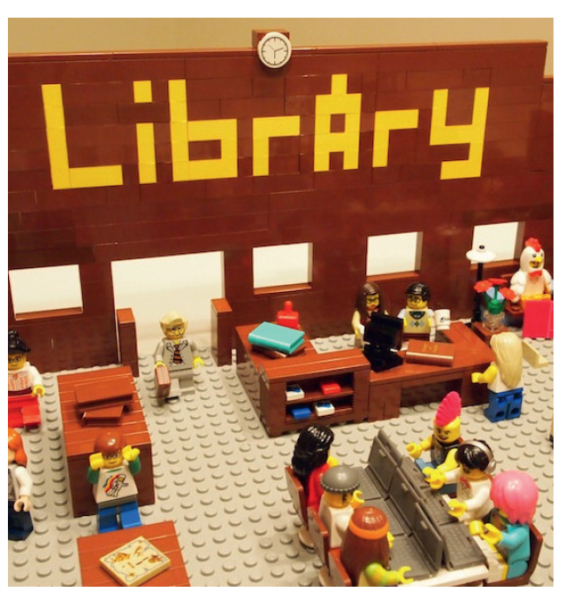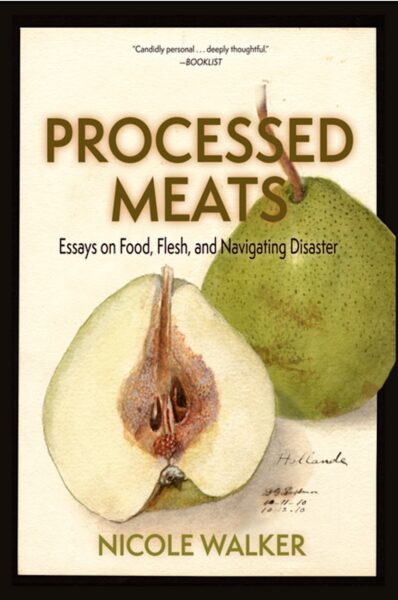
16 Jun T-Ride Library & Between the Covers: Authors Uncovered, 6/23 & 7/13!
Authors Uncovered is a long-time collaboration between Telluride’s Wilkinson Public Library and Between the Covers Bookstore. The program that brings author talks to the community is back this summer with two talks and signings with two Torrey House Press authors. Sign up at telluridelibrary.org

Wednesday, June 23rd at 5:30 – 6:30 pm
David Gessner: “Quiet Desperation, Savage Delight: Sheltering with Thoreau in the Age of Crisis”
Tuesday, July 13 at 5:30 – 6:30 pm
Nicole Walker
“Processed Meat: Essays on Food, Flesh, and Navigating Disaster”
About “Quiet Desperation, Savage Delight”:

When the pandemic struck, nature writer David Gessner turned to Henry David Thoreau, the original social-distancer, for lessons on how to live. Those lessons – of learning our own backyard, rewilding, loving nature, self-reliance, and civil disobedience – hold a secret that could help save us as we face the greater crisis of climate.
About the David Gessner:

David Gessner is the author of “Leave It As It Is: A Journey Through Theodore Roosevelt’s American Wilderness” and the New York Times–bestselling “All the Wild That Remains: Edward Abbey, Wallace Stegner and the American West.”
Chair of the Creative Writing Department at the University of North Carolina Wilmington, and founder and editor-in-chief of Ecotone, Gessner lives in Wilmington, North Carolina, with his wife, the novelist Nina de Gramont, and their daughter, Hadley.
“It’s fashionable today to deride Henry David Thoreau as a privileged white dude mooning around a suburban ‘wilderness.’ ‘Quiet Desperation, Savage Delight’ doesn’t deny this, but it digs deeper. Does Thoreau have anything to tell us at this vexing moment in history? For David Gessner, the answer is yes: Thoreau becomes a conduit to thinking about friendship, parenting, race, aging, technology, home, climate change, justice, and death. Gessner shows us how, rather than burying ourselves in old books, we might use them to go out and meet the world, in all its wild and broken beauty.” — Ginger Strand
About the Processed Meats:

Nicole Walker made cheese and grew tomatoes as a means of coping when she failed to get pregnant. Amid the coronavirus pandemic, she searched for ways to cope with stay-at-home orders and ecological turmoil through food. Similarly, her Mormon ancestors canned peaches to prepare for the End of Days and congealed beef broth into aspic as a surefire cure for ailment. She cooked veggie burgers for friends and hamburgers for herself – to enjoy outside, six feet apart. Throughout the richly layered essays of “Processed Meats,” Walker ponders food choices and life choices, dissecting how we process disaster, repackage it, and turn it into something edible.
About Nicole Walker:

Nicole Walker is the author of “The After-Normal: Brief, Alphabetical Essays on a Changing Planet”; “Sustainability: A Love Story”; “A Survival Guide for Life in the Ruins”; and other books. Her work has been published in Orion, Boston Review, Creative Nonfiction, Brevity, The Normal School, and elsewhere.
Recipient of a fellowship from the National Endowment for the Arts and noted in multiple editions of “The Best American Essays,” Walker is the nonfiction editor at Diagram and professor at Northern Arizona University in Flagstaff, Arizona.


Sorry, the comment form is closed at this time.